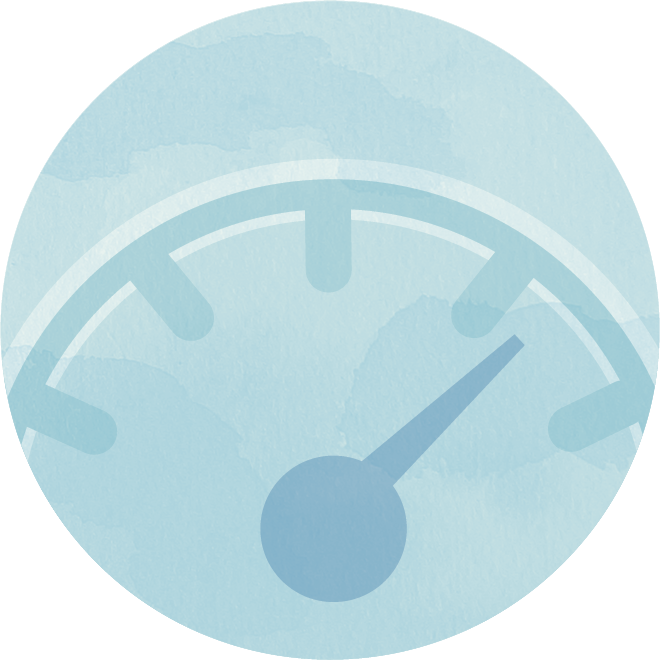
THE VATA DIET
A vata diet is suitable for anyone who needs to pacify and reduce vata, whether or not vata is one of the dominant doshas in their constitution. It is nourishing, tissue-building, and gives strength and vitality.

A vata diet is suitable for anyone who needs to pacify and reduce vata, whether or not vata is one of the dominant doshas in their constitution. It is nourishing, tissue-building, and gives strength and vitality.
If vata is one of your dominant doshas and your doshas are in balance, you do not need to follow a special vata diet. You should aim to eat a balanced diet containing all the six tastes.
If you need to follow a special vata diet (see below), you will benefit from eating warm foods. Meals that are both warm and soupy and that contain high-quality fats are easily digested and drive out gas. A warm meal supports agni and a soupy, oily meal gives strength and nourishes the sense organs.

You should follow a vata diet if:
• You have elevated vata
• You feel your vata may become elevated as a result of your lifestyle, or because you have a lot of vata in your constitution
• In dry, windy, and cold weather
• During late fall and winter
• When you are in a region that aggravates vata, such as high-altitude mountains
• In old age, when vata is high

The way you eat and how you prepare your food are important. Select foods with opposite qualities and tastes to cool, dry, irregular vata.
These are the most important aspects of the vata diet:
• Qualities: hot, liquid, oily, heavy
• Tastes: sweet, sour, salty
• Regular meals
• Eating in a calm and unhurried atmosphere
• Warm, cooked foods, preferably soups
• Drinking hot beverages only

Compared to the other doshas, vata benefits from a diet that includes increased amounts of the following tastes, textures, and qualities:
• Sweet tastes, in the form of carbohydrates
• Liquids, in the form of soupy foods and sauces
• Oiliness, from dairy products, and fats in the form of ghee or most vegetable oils (see here)
• Salty or sweet chutneys added to your meal

If you are following a vata diet, you should reduce or avoid:
• Qualities: cold, dry, light
• Tastes: pungent, bitter, astringent
• Fasting—if you have a lot of vata in your constitution, you should not fast for longer than 16 hours; if you have elevated vata, you should not fast at all
• Irregular meals
• Eating on the go
• Eating when under stress
• Raw, cold, and dry foods, such as salad
• Cold drinks

Elevated vata weakens agni. If you are following a vata diet, remember to take good care of agni. Follow the guidelines here, and try the following:
• One or two slices of fresh ginger with a pinch of rock salt and lemon juice before meals
• Curd or yogurt with a pinch of salt taken with your meal
“Food should be taken in a calm and quiet place, free from anxiety and sorrow, observing silence.”